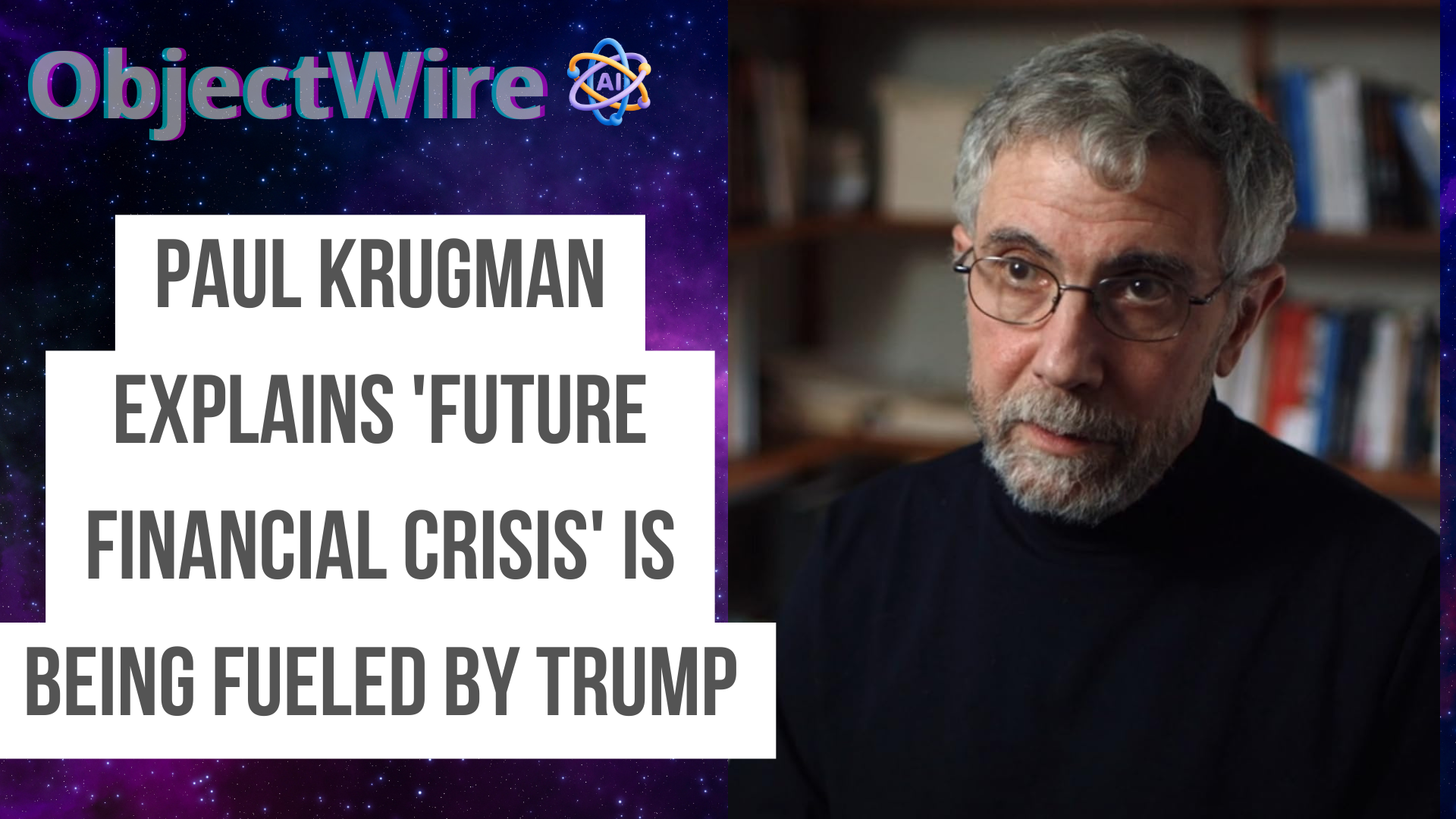7th Straight Audit Reveals Pentagon Cannot Account for 61% of $3.5 Trillion Budget
Q4 2024
The Pentagon's audit process is a comprehensive evaluation aimed at scrutinizing the financial transactions and assets of the U.S. Department of Defense. However for the 7th Straight Audit revels a large amount of Money is unaccounted for. Begging the question as to why ?
Due to the intricate nature of its operations and diverse asset portfolio, the Pentagon's audit process is significantly more complex compared to other government entities. The Department of Defense encompasses a wide range of operations, property, and equipment spread across the globe, which includes hundreds of military bases and countless systems and platforms in operation. This complexity contributes to the significant challenges faced in achieving a clean audit opinion.
The Pentagon's Audit Challenges
The challenges faced by the Pentagon in auditing its financial operations have deep historical roots.
[ Since its establishment, the Department of Defense (DoD) has grappled with the complexity of managing an extensive and intricate budget, which now exceeds trillions of dollars annually. Historically, the DoD’s financial systems have been described as fragmented and outdated, with numerous incompatible accounting systems making comprehensive auditing a formidable task. ]
These systemic issues were further compounded by the sheer scale and scope of operations, requiring coordination across numerous branches and departments, each with its unique financial protocols and mechanisms.
Key Details of the 7th Consecutive Failed Audit The Department of Defense's vast operations complicate financial oversight.
$2.1 trillion, or 61% of the Pentagon's $3.5 trillion budget, remains unaccounted for.
KEY DETAILS OF THE 7TH CONSECUTIVE FAILED AUDIT
- A lack of proper documentation undermines transaction accountability.
- Weak internal controls and oversight of military contracts exacerbate issues.
- Repeated audit failures indicate ongoing systemic challenges despite reform efforts.
Financial Implications of the Missing 61%
Significant gaps in fiscal management and accountability weaken public trust. Potential for increased legislative and public scrutiny of defense spending. ie DOGE
- Budget constraints may tighten if transparency and accountability do not improve.
- Identifying lapses in procurement, logistics, personnel, and asset management is critical.
- Comprehensive financial reforms are needed to enhance transparency and ensure efficient use of resources.
Efforts to strengthen financial accountability began in earnest after the passage of laws like the Chief Financial Officers Act of 1990, which mandated federal agencies, including the DoD, to undergo regular audits.
Government And Public Responsibility To The Audit Findings
The recent revelation that the Pentagon has failed its seventh consecutive audit, with 61% of its $3.5 trillion budget unaccounted for, has garnered significant reactions from both government officials and the public. Within government circles, there is a growing chorus of concern regarding the Defense Department's fiscal management. Lawmakers from both parties have expressed their frustration, emphasizing the need for heightened fiscal transparency and accountability.
Some have called for urgent reforms to ensure the effective allocation and monitoring of military funds, arguing that the untracked expenditures could potentially undermine national security and military efficacy.
In the public sphere, reactions have been equally fervent. Taxpayers express alarm and indignation over the mismanagement of such a substantial portion of the federal budget. Many Americans, who are already grappling with economic challenges in their daily lives, find it particularly distressing that such vast sums of money remain unaccounted for. This situation has fueled calls for increased civilian oversight and stricter budgetary controls.
Advocacy groups and watchdog organizations have also intensified their calls for comprehensive investigations and systemic changes to prevent similar issues in the future. The audit failure has sparked a widespread dialogue about the necessity of government accountability, highlighting the importance of restoring public trust in national financial oversight mechanisms.
Steps Towards Accountability And Future Financial Management Strategies
Addressing the persistent issue of failed audits and the significant portion of the budget that is unaccounted for, the Pentagon must implement a series of robust measures to enhance accountability and refine its financial management strategies. A critical first step involves enhancing transparency through comprehensive and real-time financial reporting systems. By adopting cutting-edge technology and employing machine learning algorithms, the Pentagon can ensure that all transactions are meticulously recorded and easily traceable.
This will enable a more agile approach to identify discrepancies promptly.
Furthermore, it is imperative to establish a culture of accountability within the organization. This can be achieved by holding senior officials responsible for financial oversight and creating incentives for accurate financial reporting. Training programs focused on financial literacy for personnel at all levels will also play a pivotal role in gradually transforming the existing financial management practices.
Another strategy involves conducting regular independent audits to monitor financial activities closely. Collaborating with third-party organizations can provide valuable insights and foster confidence among stakeholders. Additionally, setting strict penalties for mismanagement and implementing corrective measures in response to audit findings will deter future financial discrepancies.
Finally, engaging with lawmakers and stakeholders to secure the necessary support for financial reform initiatives can ensure sustainable improvements. Through these concerted efforts, the Pentagon can aspire to achieve fiscal responsibility and restore public trust in its operations.
53 Page policy briefing on a potential U.S. Strategic Bitcoin Reserve just dropped: https://t.co/BXjhTJ9F7z pic.twitter.com/SJFMoGyHD5
— Dylan LeClair 🟠 (@DylanLeClair_) November 4, 2024





"How a Country's Debt Crisis Can Affect Economies Around the World." investopedia.com, 06. Sept. 2023, https://www.investopedia.com/ask/answers/051215/how-can-countrys-debt-crisis-affect-economies-around-world.asp. Accessed 18. Nov 2024.
"TRENDS Research & Advisory - The Global Debt Crisis: Challenges of Reality and Alternatives for the Future." trendsresearch.org, 18. Nov. 2024, https://trendsresearch.org/insight/the-global-debt-crisis-challenges-of-reality-and-alternatives-for-the-future/?srsltid=AfmBOoqWgrY_4Xi-EREvl3WEhymxWKQezdpW0xQGnMyYaFpBKs0wz_CT. Accessed 18. Nov 2024.
"The global debt overhang." bruegel.org, 26. Oct. 2015, https://www.bruegel.org/blog-post/global-debt-overhang. Accessed 18. Nov 2024.
